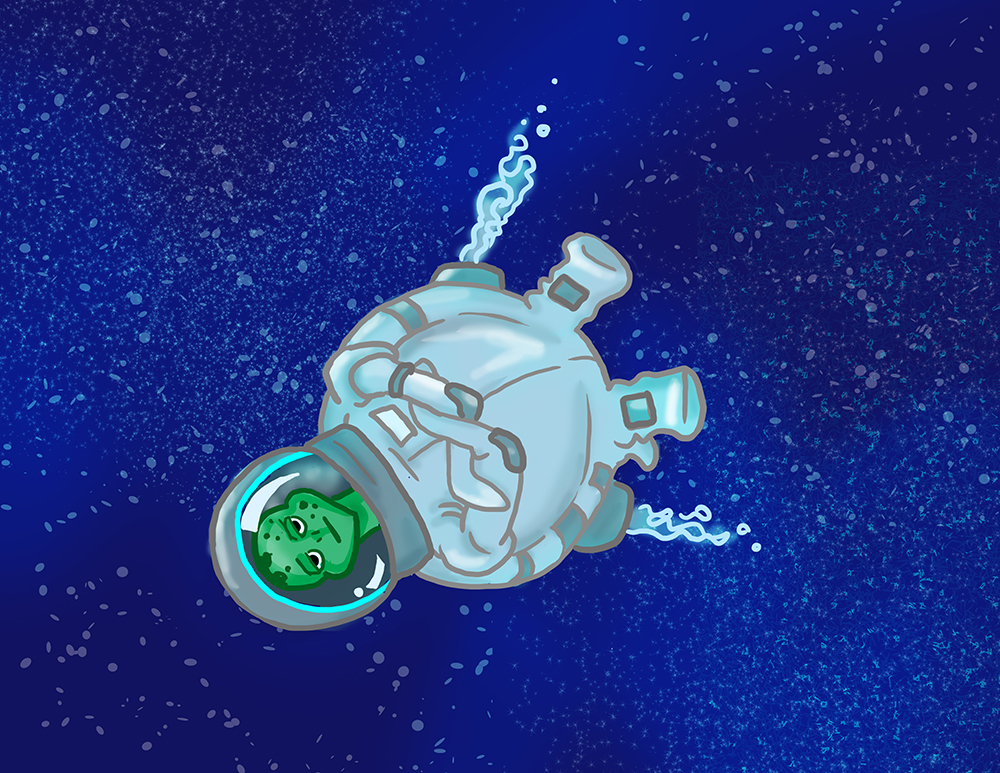Houston, There's Still A Problem
by Nathaniel Mathews | published Oct. 3rd, 2014
A lot of space exploration ideas seem great on paper, but breaks down when seriously considered. Asteroid mining is a great example; sure, it would provide access to a lot of resources that are scarce on Earth's surface, but it costs
People also tend to talk a lot about a “united Earth” or a “borderless space,” but we’ve seen the reality in practice, and it is not the same. The LA Times reported last May that, “After railing against U.S. sanctions in response to Russia's annexation of Ukraine's Crimea region, Rogozin, chief of the Russian space and defense sectors, suggested that ‘the U.S.A. ... bring their astronauts to the International Space Station using a trampoline.’” It’s exactly that sort of tension that has stimulated NASA’s turning to SpaceX.
I’m not saying that there aren’t side benefits to space exploration — there are loads of them. Much of modern computation and medicine are direct consequences of the space race. But that’s an inherently inefficient method of advancement. We’d advance faster, with less fiscal waste, if those tax dollars went directly into scientific institutions. Each launch of the SpaceX Falcon 9 Heavy Lifter costs $27 million. That’s a lot of money for a service with questionable-at-best benefit to the average citizen.
We have to ask: what is the goal of space exploration? If it is the side-benefit technologies we discover along the way, we might as well put that money directly into development. Or perhaps it’s the jobs that the industry creates – but those intelligent employees could well work elsewhere and probably for better pay and greater societal impact. It’s certainly not in the hope of permanent extraterrestrial colonies; the economic strain of that sort of venture is completely prohibitive, even if technology was sufficiently advanced to sustain human life. Robotic exploration is far cheaper. It could be to learn about the composition of the universe, but detector advancements make that easier to do from Earth all the time. Even were that not the case, we have more pressing scientific concerns at present.
Simply put, space exploration is of no benefit to the average citizen of Earth.
Because you or I, we’re not going to space. That category is very selective. And even if we were able to, what benefit is there? We could go on and on about the poetry of viewing earth from afar, or the advancement of mankind. But I think curing cancer would be a pretty big advancement. I think putting every human through a college education would be a pretty big advancement. I think not having 15.9 million children living in food insecure households would be a pretty big advancement. Maybe we should get our shit figured out here on earth before we think about infesting other reaches of space.



